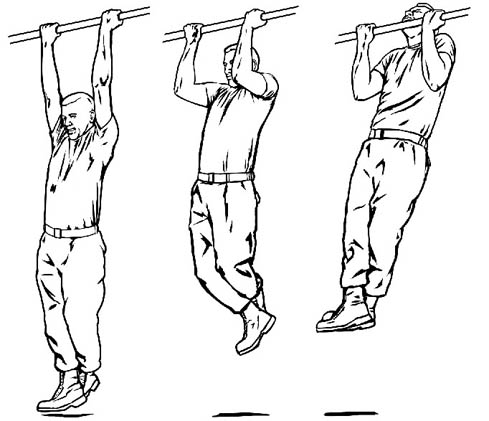Oxford Comma
It’s just a comma! Or is it?
[gap height=”15″]
I’ve had a lot of questions recently about punctuation and the role it plays in English. So is punctuation important when you speak English? I think so. Let’s look at the simple comma.
[gap height=”15″]
Some people say that commas can help you put pauses in a sentence, to help you speak with clarity and definition. I agree. I think that they help you to deliver a message clearly. Yet others insist there are rules for when you use a comma or not, although they do help you to translate written words into effective verbal communication, with the correct significance.
[gap height=”15″]
In truth, there is a lot of discussion about it. There is a comma, known as the Oxford comma, which the rules of American English do not see as important but the rules of British English insist you use correctly. This is the comma used before the coordinating conjunction (e.g. and, or, etc.) at the end of a list.
[gap height=”15″]
For example,
‘I booked the comedians, Laurel and Hardy.’ This could signify that you booked some comedians for your celebration and they were called Laurel and Hardy. Yet if you write, ‘I booked the comedians, Laurel, and Hardy.’ This signifies that both Laurel and Hardy were booked for the event, as well as some comedians.
[gap height=”15″]
I like the idea of using the Oxford comma, but what do you think?

